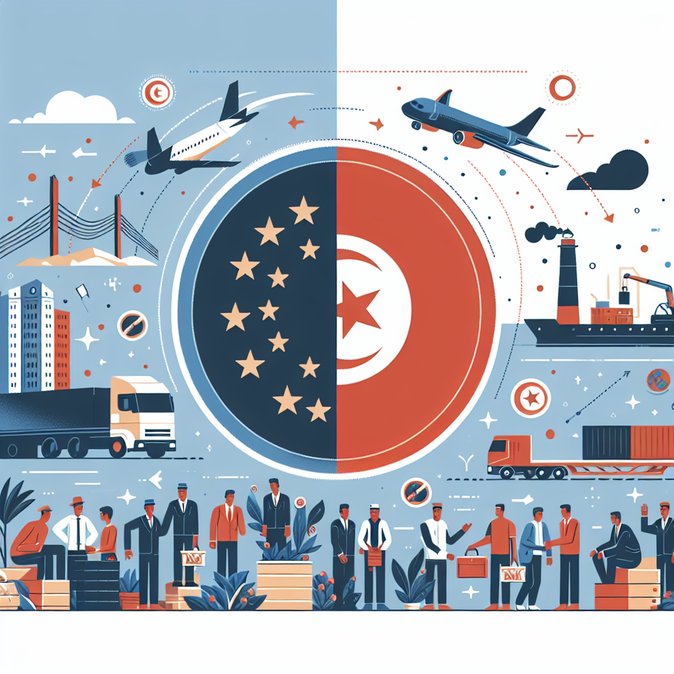
Meeting in Brussels on 22 October, the EU’s Committee of Permanent Representatives (Coreper I) approved draft Council Decisions endorsing a new set of strategic priorities for cooperation with Tunisia, including an enhanced partnership on border management and legal migration pathways. The Cypriot delegation supported the text, arguing that external partnerships are vital to relieve pressure on Mediterranean entry points such as Cyprus’s own Green Line.
The document now moves to the EU–Tunisia Association Council for signature on 23 October. It earmarks €150 million for modernising Tunisia’s coast-guard fleet and €50 million for a pilot circular-migration scheme that will allow up to 5,000 Tunisian tech and hospitality workers to take up seasonal posts in EU member states under fast-track visas. HR professionals in Cyprus’s hotel sector—which faces acute labour shortages—will be able to recruit through the scheme once implementing rules are finalised.
Cyprus is keen to participate: tourism employs 13.5 % of GDP, and operators have struggled to secure work permits for non-EU nationals under the island’s quota system. By piggy-backing on the EU programme, companies could reduce processing times from the current eight weeks to as little as 10 days, officials say.
However, NGOs warn that conditioning development aid on migration control may expose the EU to reputational risk if human-rights safeguards are not enforced. The text therefore includes a suspension clause, allowing funding to be frozen if abuses occur—an amendment Cyprus helped draft, diplomats confirmed.
The document now moves to the EU–Tunisia Association Council for signature on 23 October. It earmarks €150 million for modernising Tunisia’s coast-guard fleet and €50 million for a pilot circular-migration scheme that will allow up to 5,000 Tunisian tech and hospitality workers to take up seasonal posts in EU member states under fast-track visas. HR professionals in Cyprus’s hotel sector—which faces acute labour shortages—will be able to recruit through the scheme once implementing rules are finalised.
Cyprus is keen to participate: tourism employs 13.5 % of GDP, and operators have struggled to secure work permits for non-EU nationals under the island’s quota system. By piggy-backing on the EU programme, companies could reduce processing times from the current eight weeks to as little as 10 days, officials say.
However, NGOs warn that conditioning development aid on migration control may expose the EU to reputational risk if human-rights safeguards are not enforced. The text therefore includes a suspension clause, allowing funding to be frozen if abuses occur—an amendment Cyprus helped draft, diplomats confirmed.




